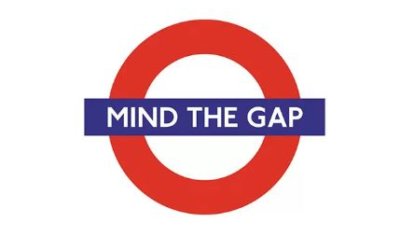The junior senator from Massachusetts is proposing that the use of credit reports be eliminated in connection with job applications. The only exception she is willing to consider is for government employees seeking a security clearance.
There does seem to be an incongruity in the ubiquitous use of credit ratings in connection with the hiring decision. After all, a person who desperately needs a job has likely exhausted all of his or her financial resources and may have lost a house or car while attempting to find the next opportunity. Job losses and medical disasters can wreak havoc on a credit score, essentially taking away possibilities that would be afforded those who have better credit but may be less qualified. There are also any number of positions where credit status is just not relevant. Is she onto something here?
Digging deeper, the credit report does seem to have some merit and it appears that the Senator is unfamiliar with the ways businesses use these scores or the grace they afford those with event-related degradation. Most of those which I am familiar only require credit reports on those who assume significant responsibilities or who will be handling or accounting for large sums of money. Some of these positions have to be bonded, meaning that a bond agency will want to have some idea of the risk involved before assigning a rate. Without a credit report, bonding rates will skyrocket, under the presumption that all applicants have poor credit.
I’ve witnessed companies presuming the best of job applicants when a credit report showed a pattern of responsible use of debt, interrupted by what was clearly a disruptive event. That is, a company understands the impact of a job loss, medical crisis or being victimized by a divorce. I do not want to think that our representatives in government presume businesses to be full of cold-hearted managers, desirous of finding any way possible not to hire, well, anybody. Indeed, experience tells a different story.
If a careful analysis is performed, it will likely be found that those with the kinds of life-altering events that presage a diminished credit score represent but a portion of the population with bad credit. And, one will also find that businesses tend to be gracious toward the truly disadvantaged. Candidly, most with low credit scores are “deadbeats,” having willingly overextended themselves (and, no, it is not the fault of the credit provider) or merely been reckless in their handling of money matters. It is true that the way a person handles their personal obligations reflects how they will manage their affairs at work. Again, I am exempting those with event-based bad credit, commenting instead on the majority who are in trouble due to bad decisions and/or habits. We dare not give the 80% a pass because of the 20% who deserve one.
Getting rid of credit score-based hiring decisions will also inappropriately disadvantage those who have been responsible with credit; those who live life with a buffer and are willing to say “no” to tempting offers from aggressive lenders. At a minimum, banks and other financial institutions should use credit scores when evaluating an employee. Beyond that, I suggest that anyone who either sells product, collects funds or accounts for transactions should not be overly tempted to steal. The credit report is a good mechanism to ferret out such people. It’s just good business and it is fair, particularly when event-based bad credit is accommodated.
Running a report on everyone does seem excessive to me and should only be done when the organization’s entire operation involves bondable positions. Some identification of where such a report is appropriate is worth introducing into the conversation and there seems to be an opening for the US Chamber to propose some voluntary guidelines. Reasonable standards, adopted by most businesses could very well blunt an initiative that is not well considered. If the seeking of a security clearance merits a credit report, surely there are other positions in the commercial world that are similarly benefitted.
With financial institutions needing to be rid of the characters who brought us the meltdown five years ago, it will be hard to stem the impact of employee greed caused by a barrage of bill collectors. To protect all of society, it seems imprudent to categorically eliminate the credit report as an evaluative tool for those prospective employees who have significant responsibilities.
This is certainly worth a discussion but I see the current proposal as a ruse to stick business with risky employees in the name of higher employment amongst those who are not all that prudent with their financial affairs. Call it another idea from our government that flies in the face of reasonableness. Added to this the recently stated desire to eliminate criminal background checks. In the end, government becomes viewed as an “other” entity, not interested in protecting the citizenry and promoting an agenda that makes them look better in the short run.
What do you think?



